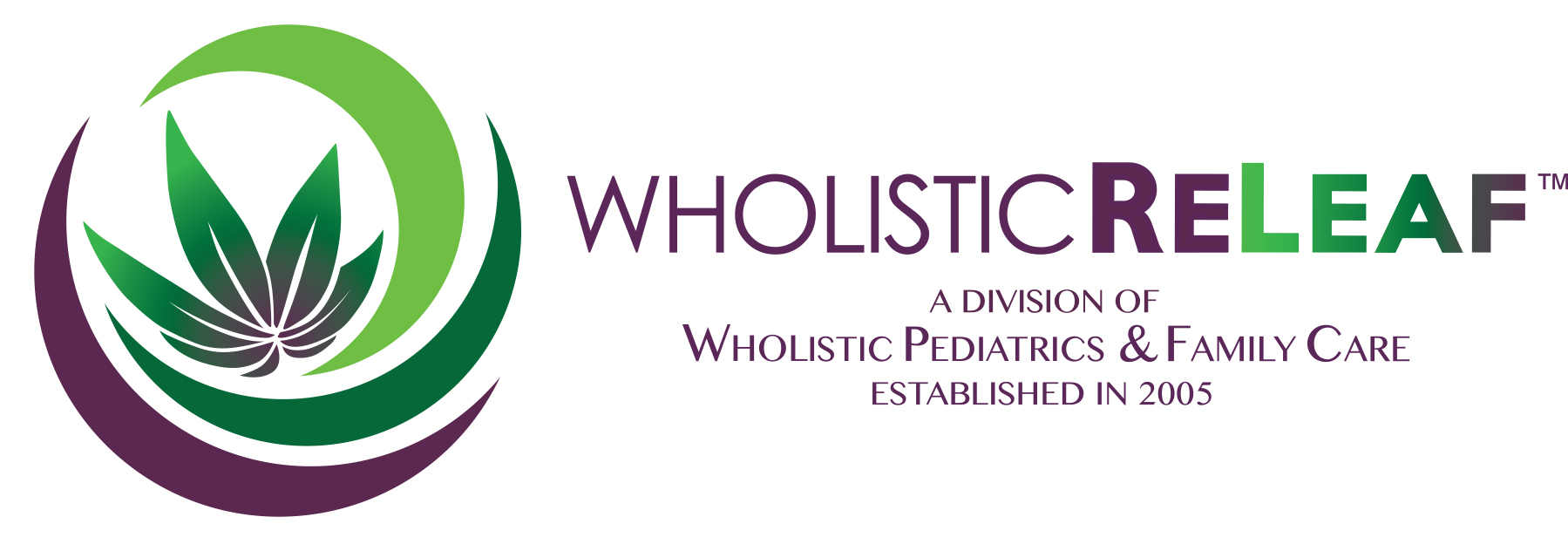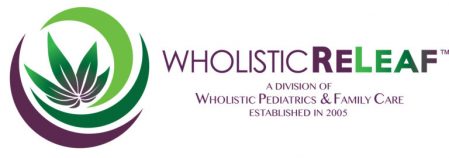Florida has joined the increasing number of states in the United States that have legalized the use of cannabis for medical purposes. The Florida Medical Marijuana Legalization Initiative, also referred to as Amendment 2, was passed in November 2016, granting patients with qualifying medical conditions the ability to obtain and utilize marijuana as a treatment option.
Benefits of Obtaining a Medical Marijuana Identification Card
Obtaining a medical card in Florida provides numerous benefits. It allows patients to legally acquire and possess cannabis from authorized dispensaries.
Additionally, having a card offers protection from legal consequences that may arise from using marijuana for medicinal purposes.
How to Get a Florida Medical Marijuana Card
Understanding the eligibility criteria
To qualify for a card, patients must be Florida residents and have a qualifying medical condition as determined by the state. These conditions include cancer, epilepsy, glaucoma, HIV/AIDS, Crohn’s disease, Parkinson’s disease, and more.

Set Up an Appointment
Finding a Qualified Registered Physician
You may check the list of medical cannabis doctors on the Florida Department of Health. You will see Wholistic Releaf. We are Tampa Bay area’s leading authority on medical cannabis for adults and children and are one of the nation’s most experienced pediatricians using medical cannabis to help facilitate the treatment of children with chronic conditions.
Researching Doctors’ Credentials and Reviews
It is necessary to check the credentials and reviews of the doctor to ensure they have the necessary expertise and a good reputation. You will be glad to see the good feedback of our patients on our website.
Schedule an Appointment
You can schedule an appointment with us by filling out the form or call us at (813) 603-4425. Be prepared to provide your medical records and documentation during the appointment.
Step-by-step process for acquiring a medical card
Researching the requirements
Familiarize yourself with the specific requirements set by the Florida Department of Health for obtaining a medical cannabis card.
Gathering necessary documentation
Collect all relevant medical records and documentation that establish your qualifying medical condition.
Registering with the Florida Department of Health
Create an account on the Florida Department of Health’s Medical Marijuana Use Registry.
Submitting the application
Fill out the application form on the Medical Marijuana Use Registry, providing accurate and complete information.
Paying the application fee
Pay the required application fee, which is currently set at $75.
Tracking the application status
Check the status of your application regularly on the Medical Marijuana Use Registry website.
How to Obtain Medical Marijuana in Tampa, Florida
Tampa, located in Hillsborough County, is home to numerous dispensaries that cater to patients with valid medical cannabis cards.
Finding certified Marijuana dispensary Facilities
Research and locate authorized dispensaries in Tampa by consulting online directories or the Florida Department of Health’s website.

Evaluating different strains and products available
Once you have identified dispensaries, explore their websites or visit them in person to learn about the different strains and products available. Consider factors such as THC and CBD content, strain type, and consumption methods.
Understanding the dosage and consumption methods
Review your Wholistic ReLeaf Visit Summary in the online patient portal to see the suggested dosing that your physician discussed during the consult. Consult with dispensary staff to understand proper dosing and various consumption methods, such as smoking, vaping, edibles, tinctures, and topicals.
Consult With Your Doctor
Preparing for the doctor’s appointment
Compile your medical records, relevant test results, and any other supporting documentation to present to the doctor during your appointment.
Discussing your medical condition and symptoms
Communicate openly with the doctor about your medical condition, symptoms, and any previous treatments you have undergone.
Understanding the potential benefits and risks
Engage in a thorough discussion with your doctor to understand the potential benefits and risks of using medical cannabis as a treatment option for your specific condition.
Addressing any concerns or questions
Take this opportunity to address any concerns or questions you may have regarding its use.
Receive Your Card
Meeting the requirements during the consultation
If the doctor determines that you meet the eligibility criteria and would benefit from medical cannabis treatment, they will issue a physician’s certification during your consultation.
Obtaining the physician’s certification
Following your consult, the Wholisitc ReLeaf provider will add you to the Medical Marijuana Use Registry. An email from the OMMU (Office of Medical Marijuana Use) will be sent so that you can begin the application process to receive your ID card.
Navigating the Florida Department of Health’s approval process
Our full-time Patient Educator will walk you through the process and requirements of applying for your medical marijuana ID card
Receiving your Marijuana Identification Card (MIDC)
Upon approval, you will receive an email that will act as your temporary ID card. You will receive the actual card in the mail a few weeks later. This card grants you legal access to purchase and possess designated therapeutic products from authorized dispensaries.
What Conditions Qualify for Medical Marijuana Identification Card (MMIDC) in Tampa?
Overview of the qualifying conditions in Florida
Florida has an extensive list of qualifying conditions for medical cannabis. These include but are not limited to chronic pain, cancer-related symptoms, epilepsy and seizure disorders, multiple sclerosis, post-traumatic stress disorder (PTSD), HIV/AIDS, Crohn’s disease, Parkinson’s disease, glaucoma, and terminal conditions.

Specific medical conditions that qualify
Chronic pain management:
Patients suffering from chronic pain that is linked to qualifying medical conditions may qualify.
Cancer-related symptoms:
Pain, nausea, and loss of appetite experienced by cancer patients undergoing treatments such as chemotherapy.
Epilepsy and seizure disorders:
It has shown promising effects in reducing the frequency and severity of seizures in patients with epilepsy.
Multiple sclerosis:
Muscle spasms, pain, and sleep disturbances associated with multiple sclerosis.
Post-traumatic stress disorder (PTSD):
It can be used as a complementary treatment option for patients with PTSD to help manage symptoms such as anxiety and insomnia.
HIV/AIDS:
Symptoms associated with HIV/AIDS, including loss of appetite, nausea, and pain.
Crohn’s disease:
It has shown potential in reducing inflammation and relieving symptoms such as abdominal pain and diarrhea in Crohn’s disease patients.
Parkinson’s disease:
It may help alleviate motor symptoms and improve quality of life in patients with Parkinson’s disease.
Glaucoma:
It has been known to lower intraocular pressure, which can help manage the symptoms of glaucoma.
Anxiety:
It can help to manage the physical symptoms of anxiety, such as restlessness, tension, and rapid heart rate.
Terminal conditions:
Patients diagnosed with terminal illnesses may qualify to help manage pain, improve appetite, and enhance overall comfort during their end-of-life care.
What Do I Do Once I Have a Florida Medical Marijuana Card?
A. Understanding the legal rights and responsibilities
Educate yourself on the legal rights and responsibilities that come with possessing a medical card in Florida. Familiarize yourself with the state’s laws and regulations regarding the possession, consumption, and transportation of cannabis.
B. Finding authorized dispensaries
Identify authorized dispensaries in your area using online directories or the Florida Department of Health’s website.
C. Consultation with dispensary staff for product selection
Engage with knowledgeable dispensary staff to explore various strains and products that best suit your medical needs. Seek their guidance on selecting the appropriate products, dosages, and consumption methods.
D. Proper usage, dosing, and administration
Adhere to the recommended usage guidelines provided by your Wholistic ReLeaf provider. Follow proper dosing instructions and be aware of potential side effects.
E. Renewing your MMIDC in Tampa?
The medical card in Florida is valid for one year. Make sure to stay updated on the expiration date of your card and begin the renewal process in a timely manner to ensure uninterrupted access to medical cannabis.
F. Staying updated on changing regulations and laws
Keep yourself informed about any changes in regulations and laws. Stay connected with reputable sources such as the Florida Department of Health and local advocacy groups to stay up to date.
Conclusion
Obtaining a medical marijuana card can provide a legal pathway for patients to access and benefit from medical cannabis.
By understanding the eligibility criteria, following the step-by-step process, consulting with qualified doctors, and navigating the approval process, patients can acquire their medical cards and explore the various treatment options available to manage their qualifying medical conditions.
It is essential to stay informed about the rights and responsibilities associated with having a card and to remain up to date with changing regulations to ensure compliance and a seamless experience.
At Wholistic Releaf, we pride ourselves on our in-depth knowledge of the eligibility criteria and step-by-step process required to acquire your medical marijuana card.
Our team of highly qualified doctors is dedicated to guiding you through the entire approval process, ensuring that you gain access to the treatment options that best suit your qualifying medical conditions. Don’t settle for anything less than exceptional care.

